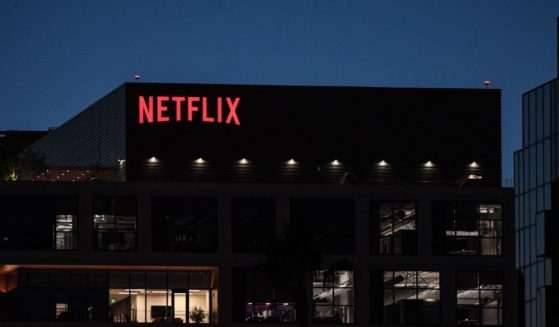Virus Can't Stop Ship Sailing Around the World To Mark 500th Anniversary of 1st Global Journey
Disease, mutinies and uncharted waters nearly sabotaged the circumnavigation of the globe led by Portuguese mariner Ferdinand Magellan. Five centuries later, the pandemic won’t stop a Spanish ship sailing to commemorate the feat.
The Juan Sebastián de Elcano, named for a captain who completed the 1519-1522 expedition with 17 of the roughly 240 crewmembers who began it, docked in Latin America after leaving Europe in August.
Visitors were not allowed on board and the crew disembarked in just a few places, including the Chilean island of Dawson in the Strait of Magellan and San Lorenzo island in Peru.
“This was possible after confirming that the environments were completely free” of COVID-19, Lt. Luis Martínez García, the ship’s public information officer, said from the vessel.
The ship departed from Mexico across the Pacific on Friday.
Magellan’s epic journey opened a westward route from Europe to the Spice Islands, the Maluku archipelago in today’s Indonesia.
It was “the first action humans took on a literally planetary scale,’’ according to Joyce Chaplin, a professor of early American history at Harvard University and author of “Round About the Earth: Circumnavigation from Magellan to Orbit.”
“Only by the 19th century was it a safer kind of journey, and this was when it became a popular pastime, as in Jules Verne’s ‘Around the World in Eighty Days,’” Chaplin said.
Magellan crossed the strait between the Atlantic and Pacific oceans that bears his name in modern Chile, where President Sebastián Piñera recently said the voyage was about “knocking down walls and building bridges where today ideas, people, knowledge and culture flow freely.″
Magellan, a daring navigator with Portuguese military experience in Africa and Asia, is credited with introducing Christianity in the Philippines, now the largest Roman Catholic nation in Asia.
“We don’t aim to rewrite our history, far from it,” Celia Anna M. Feria, the Filipina ambassador in Portugal, said a year ago at a Lisbon conference on Magellan and the Philippines. “We are taking the elements of our history apart” and studying them, she said.
Feria described the “magnanimity and humanity” of Magellan’s time in what is now the Philippines, saying he was received on woven bamboo and palm mats by dignitaries.
In 2018, President Rodrigo Duterte of the Philippines designated April 27 as a national holiday to honor Lapu-Lapu, the chief whose men killed Magellan in 1521.
The Spanish navy vessel on the commemorative trip is a “small city″ with engine power, a satellite system, garbage and wastewater treatment, a medical team, fresh bread every morning, and movies and other leisure activities, deputy commander Fernando García said in a Dec. 13 blog post.
Referring to pandemic disruptions, García said that ″while other nations have canceled or postponed similar trips, Spain keeps it going, emulating the great feat completed 500 years ago.”
The ship is scheduled to return to Spain in July, ending an 11-month circumnavigation.
The Western Journal has reviewed this Associated Press story and may have altered it prior to publication to ensure that it meets our editorial standards.
Truth and Accuracy
We are committed to truth and accuracy in all of our journalism. Read our editorial standards.












